About the urgency not to reinvent the wheel
April 2021.
Marc Lowcock, Under-Secretary-General for Humanitarian Affairs and Emergency Relief Coordinator at the UN, proposed the appointment of an independent commission that would ensure more accountability in the humanitarian sector. HQAI fully agrees that accountability and active listening are key. But a practical solution to improving accountability in the sector already exist: the Core Humanitarian Standard (CHS) puts people affected by crisis at the very centre and independent audits against the CHS undertaken by HQAI are, well, exactly that: independent. Feedback from communities is a central component of CHS audits, asking people about their satisfaction regarding the aid they receive.
HQAI strongly advocates for investing more money into developing these existing tools, obtaining donor commitment to cover the cost of accountability audits, and actively contributing to rolling out CHS Certification as the new normal.
Creation of the wheel
Since the Rwanda genocide and the evaluation of the response, whenever a controversy arises in the humanitarian or development sector, proposals emerge for the creation of a new central independent body to give a voice to local populations (read more about the history here). In 1996, a call was made for establishing an Ombudsman mechanism, and repeated in 2018 when new scandals of sexual abuses in the sector were made public. In April 2021 Mr Lowcock, Under-Secretary-General for Humanitarian Affairs and Emergency Relief Coordinator at the UN, proposed the appointment of an independent commission. These calls are welcome in that they remind all of us how essential it is that aid is rooted in accountability: that the huge power imbalance between those who provide assistance and those who receive it must be counterbalanced and that the voice of local communities must be heard.
While we do not know yet the future of the last proposal, we do know that none of its predecessors brought to life any concrete action. The reason being quite simple: the voice of people must be heard where it is expressed: locally. The power imbalance needs to be corrected where it is most acute: locally. A central mechanism cannot provide for these local needs. They need to be provided locally.
The analysis and feasibility study of the first proposal of an Ombudsman reached the very same conclusions. And went one step further: those who are best able to provide accountability locally are those who provide the assistance themselves. It is only by making sure that the aid providers implement accountable practices that accountability will be implemented. This led to the development of a series of initiatives to frame what accountability should indeed be. The constant evolution and convergence of these tools have led to the development of the Core Humanitarian Standard on Quality and Accountability (CHS) and an independent instrument to measure its application: HQAI.
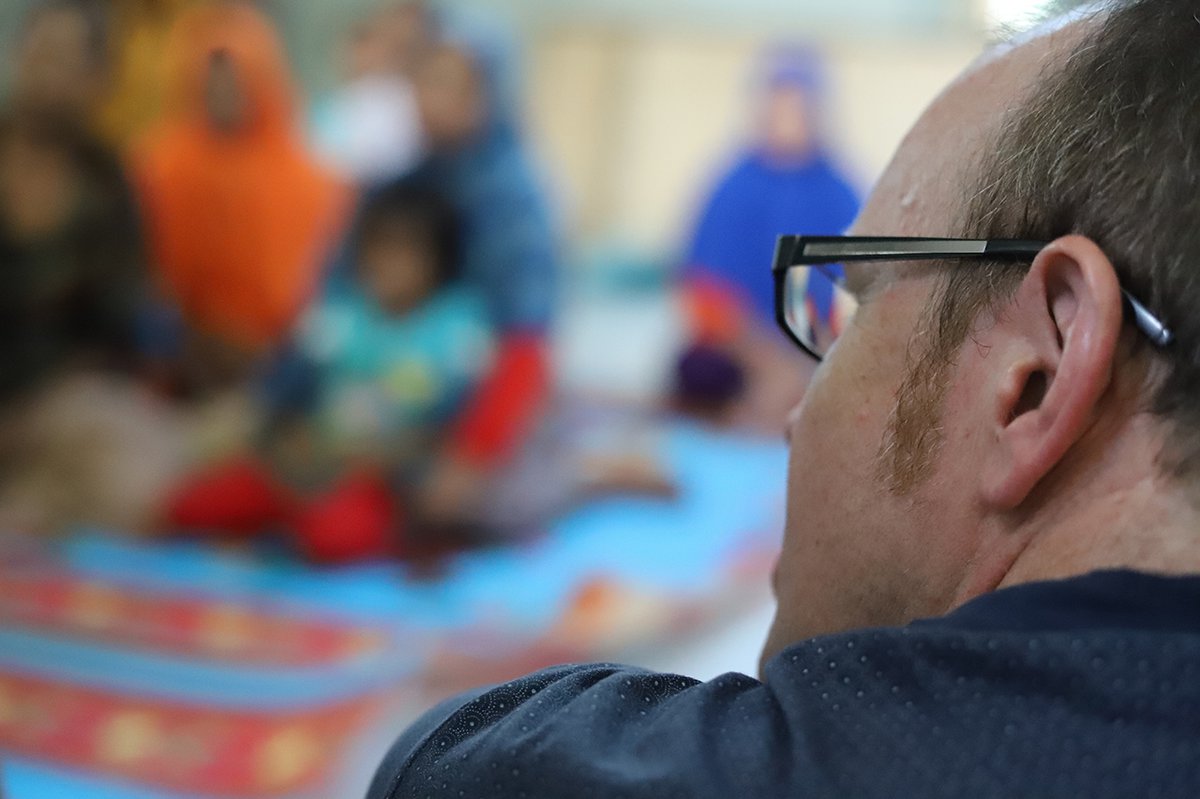
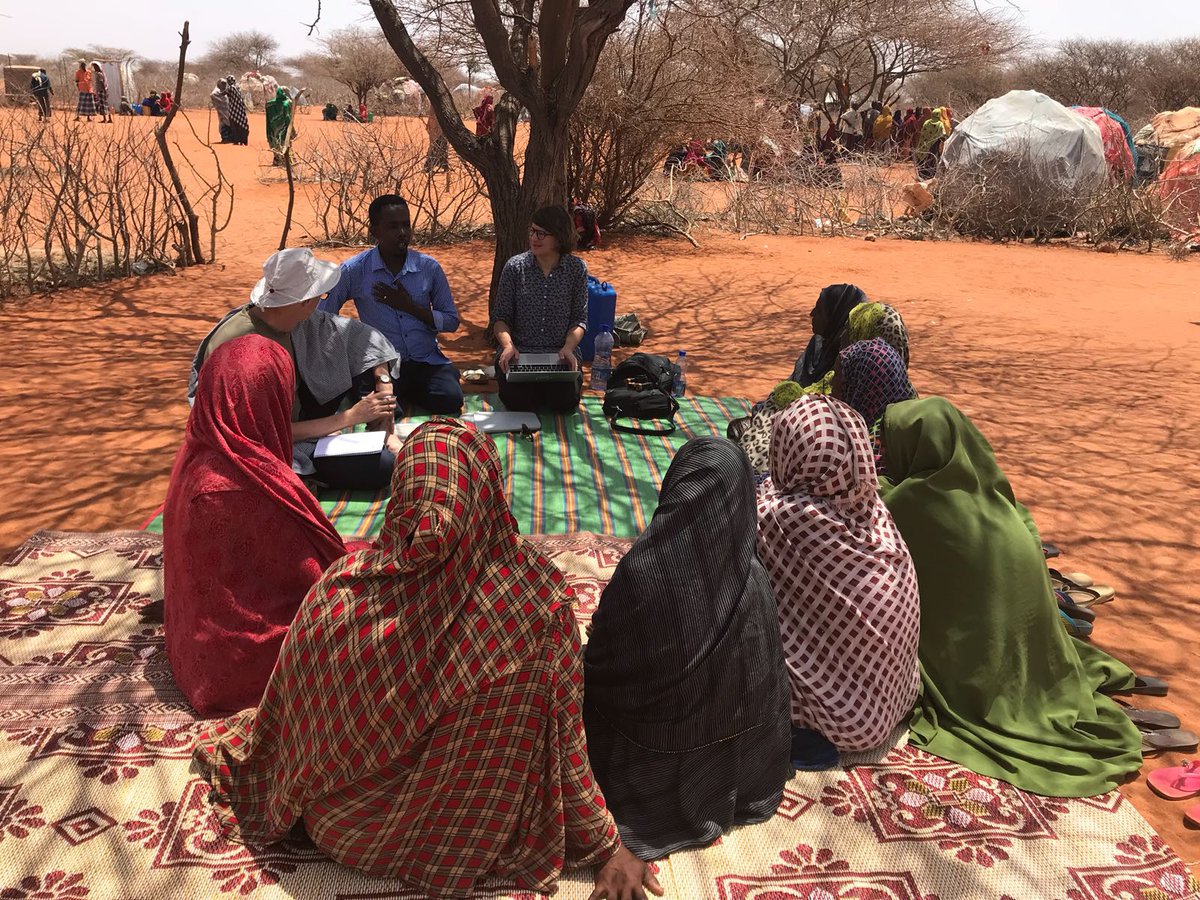
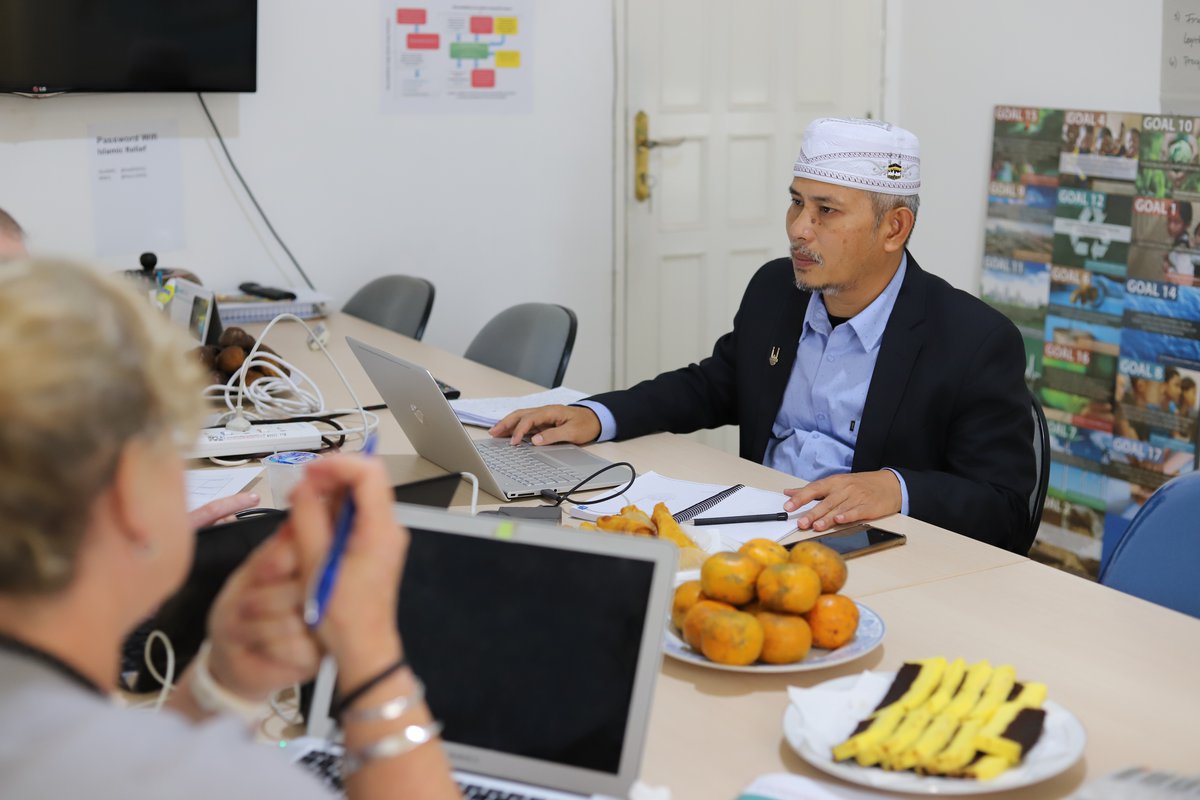
Resistance to the wheel
The real question is not whether we need to build something new that will have to resolve all the issues that were addressed by other initiatives over more than 20 years, but why all this practice has not led to more improvements. Because we all agree, much more needs to be done. An important part of the answer lies in the resistance of the sector to measurement. Resistance by donors to request - and finance - an independent measurement and by organisations to be measured independently. Without measurement, it is not possible to make organisations accountable. Without measurement, it is not possible to reward those who do a good job. Without measurement, it is not possible to know what needs to be corrected. Without measurement, it is not possible to improve.
No reason to reinvent the wheel
Our short reaction to the proposal made by Mr Lowcock is: please, do not reinvent the wheel. A practical solution to improving accountability in the sector already exists: the CHS puts people affected by crisis at the very centre and audits against the CHS undertaken by HQAI are independent. Feedback from communities is a central component of CHS audits, asking people about their satisfaction regarding the aid they receive.
Investing more money into developing these existing tools, obtaining donor commitment to cover the cost of accountability audits, and actively contributing to rolling out CHS certification as the new normal, rather than the exception, would be a less costly and much more efficient venture.
We are happy to elaborate
Accountability
Accountability is not just a buzzword. The concept has received increasing attention over the last 20 years in the humanitarian and development sector and is closely linked to some of the Grand Bargain commitments (participation, localisation, reducing duplication). And it concerns all of us: the chain of accountability reaches from taxpayers to governments and donors, to aid organisations and - most importantly- to the communities these organisations seek to work with. Effective tools exist to put accountability into practice and link it to robust harmonised due diligence requirements.
The CHS: flexible, measurable and accountable to affected people
The Core Humanitarian Standard on Quality and Accountability (CHS) describes the essential elements of principled, accountable and high-quality aid. It is a measurable standard. The CHS is the result of a global consultation process and has gained significant momentum, notably at the 2016 World Humanitarian Summit and at the UK government-hosted Safeguarding Summit in 2018, when 22 donor countries committed to demonstrate adherence to the CHS and strengthen measures for verification to that adherence.
Many organisations have measured themselves against the CHS. 60 are registered under HQAI's independent quality assurance schemes, meaning that the extent to which they apply the CHS has been externally audited. Their diversity in terms of sizes (1 to 150 country programmes), types (UN agency, National Red Cross/Red Crescent societies, national organisations, INGOs) and mandates (humanitarian, development, advocacy) demonstrates the flexibility of the CHS as a standard, and of HQAI's methods to measure its application.
HQAI: independent quality assurance dedicated to the aid sector
HQAI is accredited under ISO standard for the rigour, professionalism and independence of its auditing processes. As an independent auditor specifically designed for the humanitarian and development sector, HQAI assesses organisations against the CHS to assure stakeholders, including donors, that they have and use the mechanisms to deliver aid efficiently, effectively and are accountable to the people they serve. Professional auditing against the CHS brings value to the entire sector, for organisations, donors and for vulnerable and at-risk communities.
A key component of HQAI audits is the engagement with communities. Auditors meet with community groups and collect their direct feedback on the organisations delivering aid. This feedback goes straight into the audit report, making sure confidentiality is ensured.
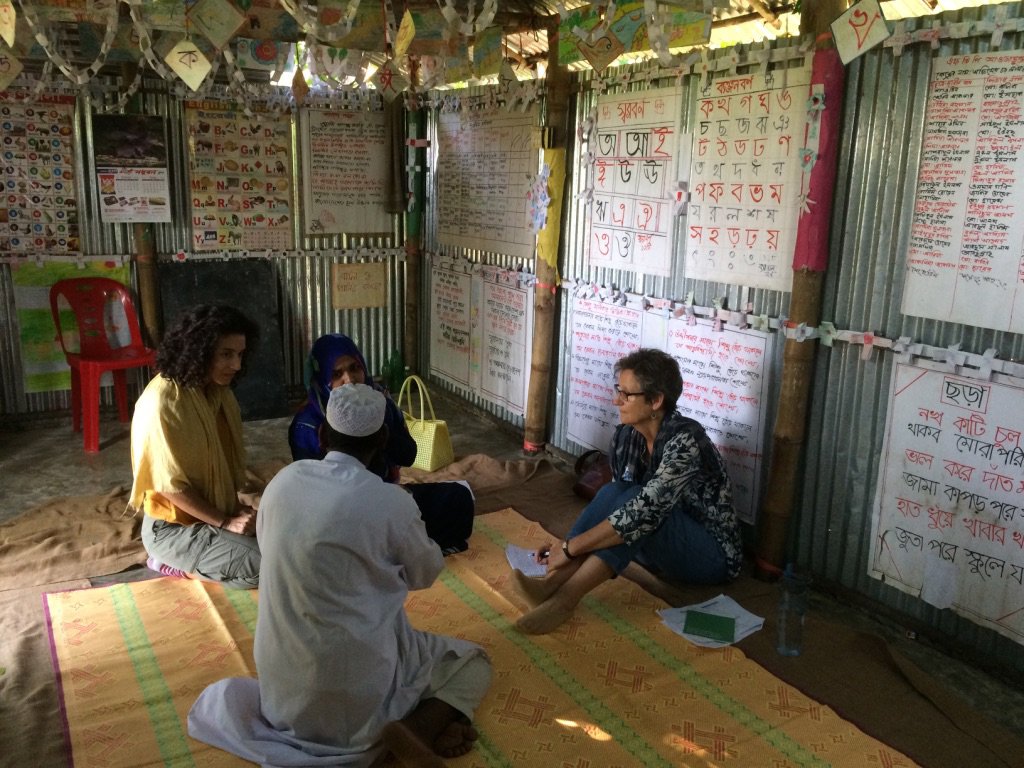
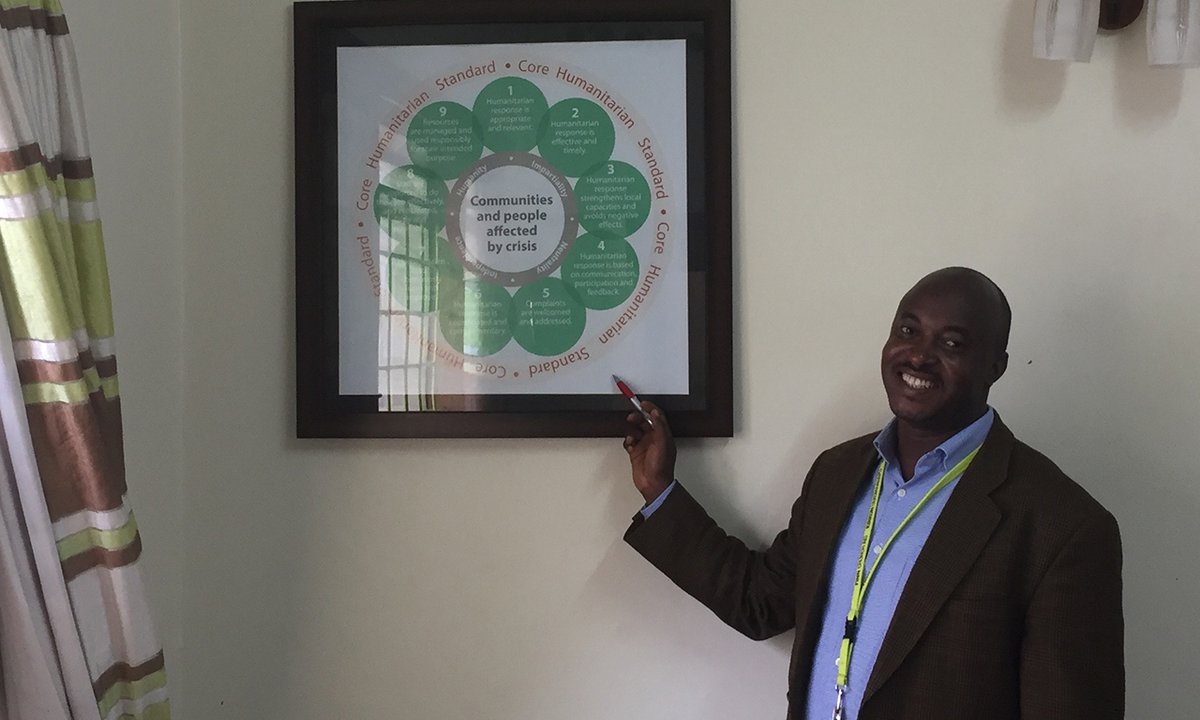
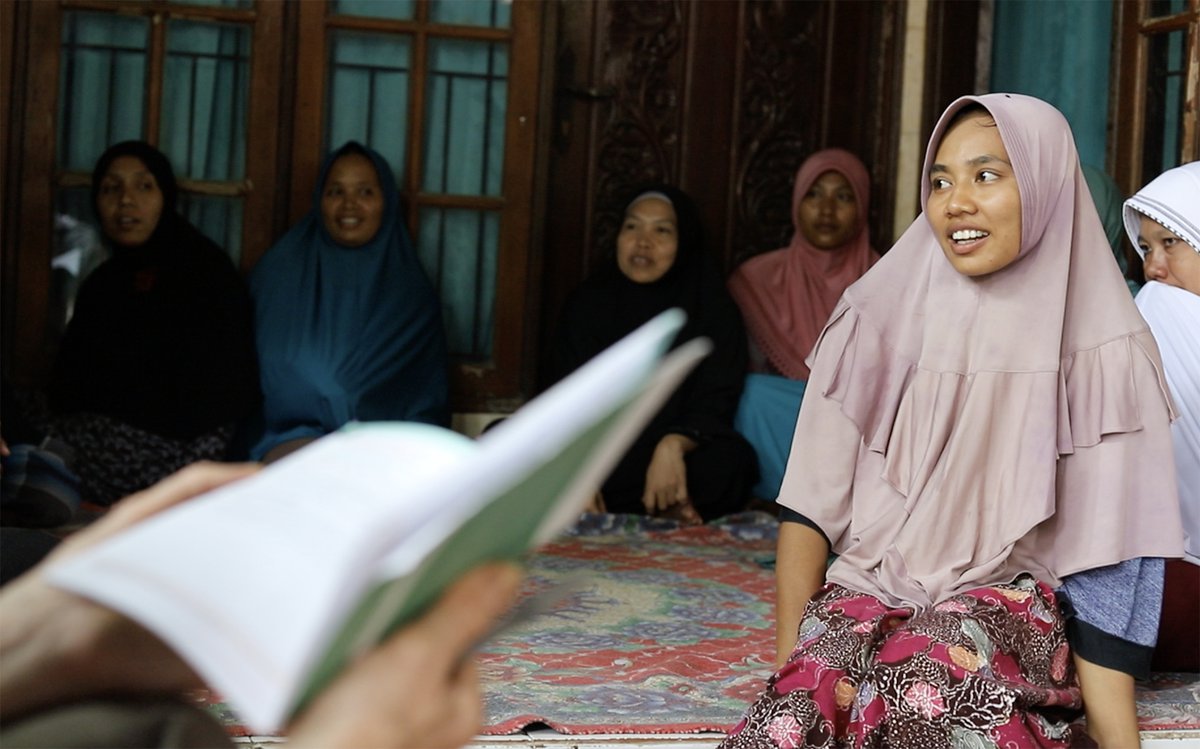
Improving accountability from within the organisations
HQAI’s objective is to help organisations improve their performance in terms of quality and accountability and build trust with other organisations, the people they serve and their financial supporters.
It is a steep learning curve for organisations to develop or improve their own systems to ensure quality and accountability of the support they offer. It requires buy-in from staff throughout the organisation, from head office to the field to be sustainable and effective. HQAI audit reports offer concrete help by pointing out strengths and weaknesses so that organisations can improve. Year after year, audit reports show how organisations harness learning and improve over time. Tribute must be paid to the organisations that have already gone voluntarily through independent CHS audits. These organisations open themselves up to external scrutiny and detailed summary reports are made public. This is a bold step towards transparency.
Not only for large international organisations
Independent audits contribute to putting local organisations on the same level playing field in terms of performance as larger international ones. HQAI has developed and continues developing tools to facilitate access to its services by local organisations. As a result, today, 35% of HQAI’s audited partners are local organisations. A rising trend and a true commitment to localisation!
Simplification of Due Diligence requirements? Yes, we do!
HQAI offers practical solutions to different problems faced by the sector. A recent example is the reduction of duplication in donor due diligence assessments. This is a central commitment made under the Grand Bargain. Rivers of virtual ink have flown to describe the problem and discuss it upside down and inside out. HQAI offered a solution. We used an ongoing CHS Certification audit to also respond to due diligence requirements of ECHO (European Civil Protection and Humanitarian Aid Operations). Two assessments in one audit means less financial and human resources and diminished administrative burden for the audited organisation. Our audited partner saved tens of thousands of Euros. This milestone we’ve reached has so much potential that it deserves a separate article.
A solution fit for purpose but lacking visibility
Visibility and understanding of the CHS and its verification options are among the biggest challenges. The CHS Alliance and HQAI are working closely with organisations, networks and governments to explain the standard, its benefits, the value of verification and the learning/improvement it brings to the sector. But uptake takes time. We are therefore asking donors - be they governments, the UN or INGOs - to rise to the challenge and commit proudly and loudly to CHS verification.
Join the bold
The vision behind the CHS and the creation of HQAI is a transformative one: achieve sustainable quality and accountability aid outcomes at scale; ensure financial support to organisations based on the demonstrated evidence of performing accountability mechanisms, regardless of their size and origin; and harmonise and simplify due diligence requirements.
We firmly advocate for expanding the use of the CHS and HQAI independent audits instead of creating new bodies. These accountability tools exist. They are built on over 20 years of learning, they put the voices of affected people at the core, they are independent and deliver reliable measurements. HQAI and its partners are committed to improving accountability and would welcome to opportunity to take this discussion further with Mr Lowcock, his successor or any other interested party.
Other news
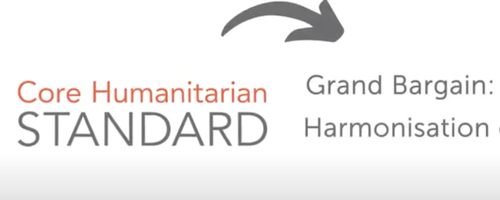
Towards harmonisation
The CHS audit helped Act Church of Sweden meet the requirements for ECHO funding.
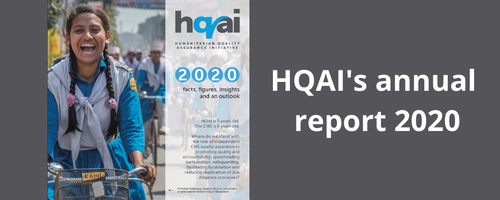
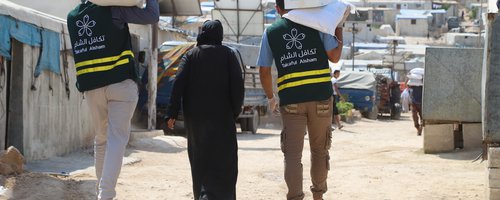
Takaful Alsham's CHS certification journey
"Since the audit, we pay more attention to how we share information and set-up complaint channels," says Mohammed Ezeldeen, Takaful Alsham.
Category